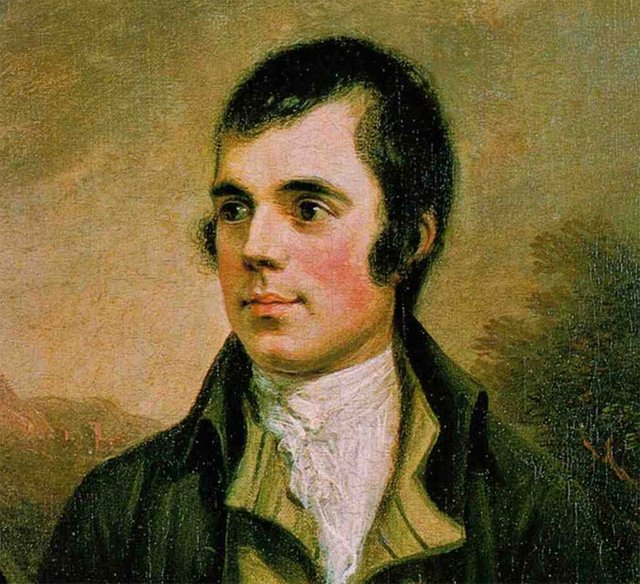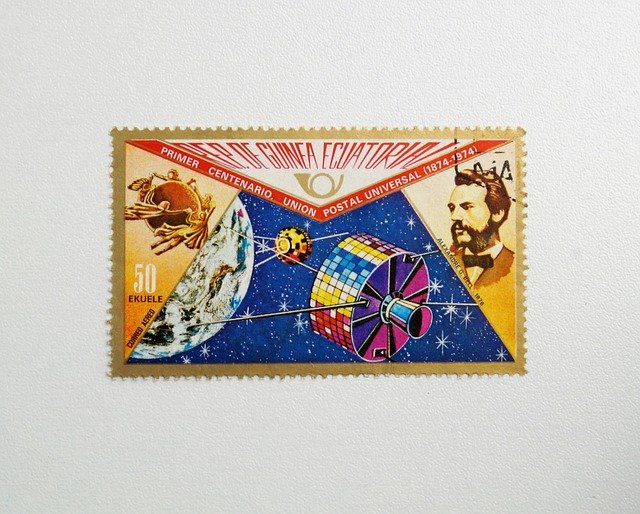THE MAN WITH INTEGRITY IS KING; [A review of "A Man’s A Man for A’ That" by Robert Burns].
Often times, I find myself going through poems when something deeply troubles me or when I can't make sense of what's going on in the world. I read poem from remarkable authors such as Alexander Pope, Edgar Alan Poe, Robert Burns and so on. They speak to me when I read them. Amongst these poems, the most remarkable of them all is "A Man’s A Man for A’ That" by Robert Burns.

Every poet have a perculiar way of writing which is most times influence by where they came from or places they have lived. Robert Burns is not an exception. Through out his works, his style of writing heavily contained the use of the Scottish dialect. This means that an average English speaker may need to dwell on each line of his work or even read out loud in other to fully grasp the message he intends on relaying.
‘For a’ That and a’ That’ by Robert Burns is a product of a deep philosophical thought season. It was written two years before his death in the year 1794 and published a yearly later in 1795. The second edition was published later in 1799.
This 5 stanzas poem aims at establishing a bench mark upon which we can measure the true worth of a man. According to Burns, a man should not be defined by his position, wealth or his possessions, rather by his character. One of the lines in the poem suggests that honesty is far better than clothes, or the food a person eats.
Burns ends by expressing his hope that one day, all these false "measures of a man" which are based on wealth, possession, position or any other thing except a man's character will fail, and at the end we will all be united as brothers.
In this article, I will be discussing the message Robert Burn passed on to us through his poem.
Stanza One
Is there, for honest poverty,
That hangs his head, an’ a’ that?
The coward slave, we pass him by,
We dare be poor for a’ that!
For a’ that, an’ a’ that,
Our toils obscure, an’ a’ that;
The rank is but the guinea’s stamp;
The man’s the gowd for a’ that,
In the first stanza Burns begins by asking why people feel ashamed when they are poor. He further wondered why a poor man is treated as a slave or a nobody just because he is poor regardless of his wisdom and certification. This part of the poem reveals that the issue of ranking based on wealth, or the fact that poor people are treated as slaves, as we see in our century, did not start today.
Today, same as yesterday, a man's opinion in a meeting or an event is not judged based on his intellect or care for humanity, but rather by how much money he has and also willing to support the group with.
At the end of the stanza, Burn's declares how faulty that scale of equivalence between worth and wealth is, and the need for it to be changed.

Stanza Two
What tho’ on hamely fare we dine,
Wear hoddin-gray, an’ a’ that;
Gie fools their silks, and knaves their wine,
A man’s a man for a’ that.
For a’ that, an’ a’ that,
Their tinsel show an’ a’ that;
The honest man, tho’ e’er sae poor,
Is king o’ men for a’ that.
In the first two lines of the second stanza, Burns describes briefly what the life of a poor man is like, remarkably marked by the absence of silks and wines. Burns ends by making them realise that they do not need those luxuries to be happy in life.
On the third line, he described his disdain for the school of thought that allows silks and wine to be the factor that shows a man is valuable. Without actually saying it, he asked, does it mean if the silks and the wine be taken from the man, the man losses his value?
Stanza Three
Ye see yon birkie, ca’d a lord
Wha struts, an’ stares, an’ a’ that;
Tho’ hundreds worship at his word,
He’s but a coof for a’ that:
For a’ that, an’ a’ that,
His riband, star, an’ a’ that,
The man o’ independent mind,
He looks and laughs at a’ that.
In the third stanza, Burn analyzed the life of a "valued man" based on the worldly faulty benchmark. According to Burns, this rich "valued" man does nothing but “struts, an’ stares, an’ a’ that” asking everybody to call him lord and worship him. The poet pointed out that all these things that places him above the "poor" is absolutely nothing, as it doesn't make him any wiser that the common man. At best, he is a well dressed fool, (or a 'coof' as he called him).
Stanza Four
A prince can mak a belted knight,
A marquis, duke, an’ a’ that;
But an honest man’s aboon his might,
Guid faith he mauna fa’ that!
For a’ that, an’ a’ that,
Their dignities, an’ a’ that,
The pith o’ sense, an’ pride o’ worth,
Are higher rank than a’ that.
In the fourth stanza, Burns attempt to answer the question that was raised in our minds after we read the third stanza: "If the "lord" or "prince" is the same as the "poor", why is it that the "prince" can make a man into something more than he is (a knight, Duke or Marquis)?
In his reply, burn declared his believe that all men are equal, and a social or political position doesn't make a man more superior to his fellow man. According to him, when true hardship comes for a man, it will take more than the title conferred to him by a "prince" to overcome it.
At the end of the stanza, he concluded that integrity is greater than a rank, and truly an honest man is “aboon” (or above) a prince.

Stanza Five
Then let us pray that come it may,
As come it will for a’ that,
That sense and worth, o’er a’ the earth,
May bear the gree, an’ a’ that.
For a’ that, an’ a’ that,
It’s coming yet, for a’ that,
That man to man, the warld o’er,
Shall brothers be for a’ that.
In the last stanza, Burn concludes (as if talking to an audience) by saying that we should pray that a time comes when a better value system based on "sense and worth" is used to place value on a man, rather than how rich or poor he has become. If this new value system centered on honesty and integrity is adopted, it will break the barriers of class and also unify every man. As he put it's, all men "shall brothers be for a' that".
Although Robert Burns wrote this amazing piece over 3 centuries ago, the contents and suggestions made in the poem is still valid till today. We have tried several other methods in our quest for peace which not only failed but pushed us apart. I believe it's not too late to try out the wise suggestions made in this poem by this great Bard of Scotland: "The man with integrity is King".
Hi, @whileponderin
Make an introduction post in the community to get yourself labeled as Verified Member.
Make sure you add a verification picture in your introduction post
Verification Picture:
Take a selfie while holding a page written Beauty of Creativity with the date and your Steemit username
for more information join us on Discord